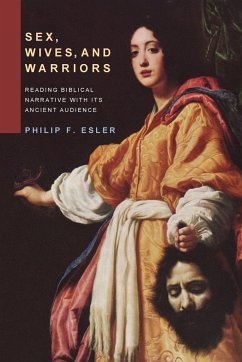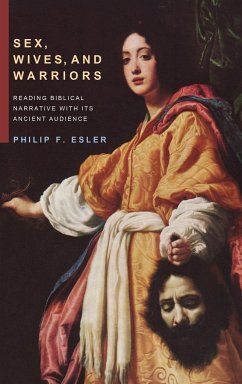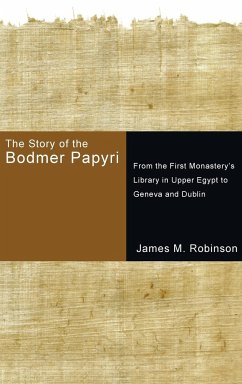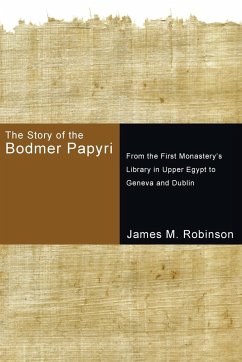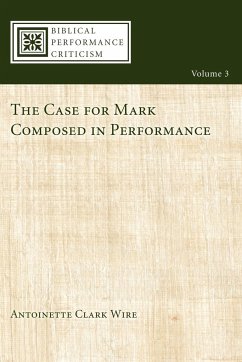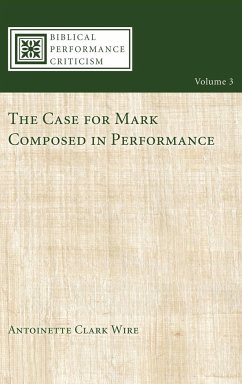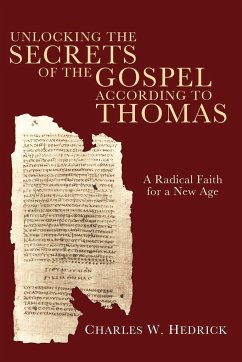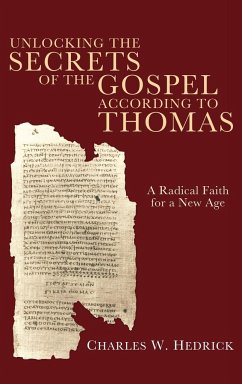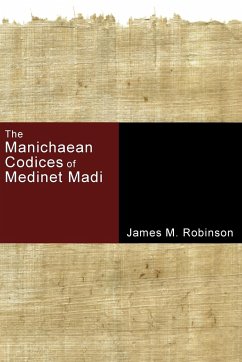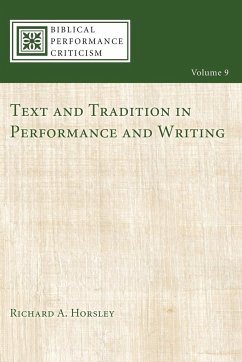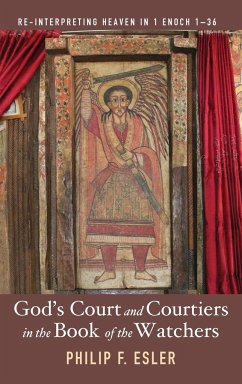
God's Court and Courtiers in the Book of the Watchers
Versandkostenfrei!
Versandfertig in 1-2 Wochen
41,99 €
inkl. MwSt.

PAYBACK Punkte
21 °P sammeln!
First Enoch is an ancient Judean work that inaugurated the genre of apocalypse. Chapters 1-36 tell the story of the descent of angels called ""Watchers"" from heaven to earth to marry human women before the time of the flood, the chaos that ensued, and God's response. They also relate the journeying of the righteous scribe Enoch through the cosmos, guided by angels. Heaven, including the place and those who dwell there (God, the angels, and Enoch), plays a central role in the narrative. But how should heaven be understood? Existing scholarship, which presupposes ""Judaism"" as the appropriate ...
First Enoch is an ancient Judean work that inaugurated the genre of apocalypse. Chapters 1-36 tell the story of the descent of angels called ""Watchers"" from heaven to earth to marry human women before the time of the flood, the chaos that ensued, and God's response. They also relate the journeying of the righteous scribe Enoch through the cosmos, guided by angels. Heaven, including the place and those who dwell there (God, the angels, and Enoch), plays a central role in the narrative. But how should heaven be understood? Existing scholarship, which presupposes ""Judaism"" as the appropriate framework, views the Enochic heaven as reflecting the temple in Jerusalem, with God's house replicating its architecture and the angels and Enoch functioning like priests. Yet recent research shows the Judeans constituted an ethnic group, and this view encourages a fresh examination of 1 Enoch 1-36. The actual model for heaven proves to be a king in his court surrounded by his courtiers. The major textual features are explicable in this perspective, whereas the temple-and-priests model is unconvincing. The author was a member of a nontemple, scribal group in Judea that possessed distinctive astronomical knowledge, promoted Enoch as its exemplar, and was involved in the wider sociopolitical world of their time.



